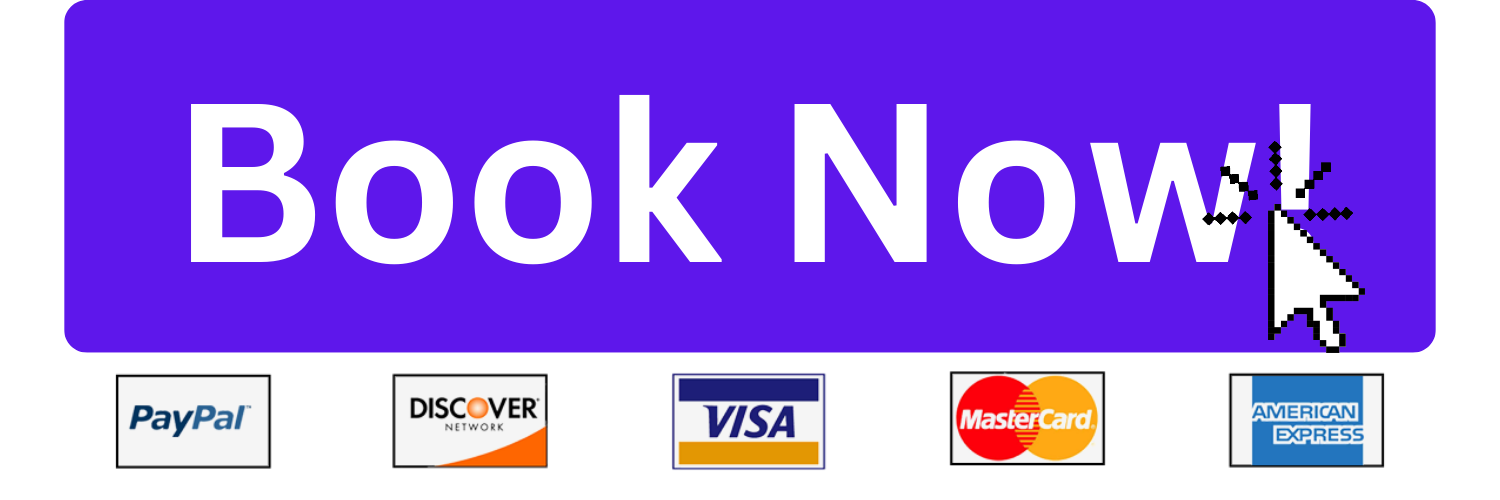- Online Accounting Tutor
- December 3, 2023
Losing a job, particularly as a working student, can feel like an abrupt halt in your career and academic journey. However, it’s crucial to recognize that job loss, whether due to downsizing, restructuring, or unforeseen circumstances, is not an endpoint but a chance for growth and reevaluation. This guide offers practical steps for working students to navigate through this challenging phase and transform it into an opportunity for both personal and professional development.
1. Allow Yourself to Process the Loss
Emotional Impact: Losing a job can trigger a whirlwind of emotions. It’s important to give yourself permission to grieve and process these feelings.
Example:
A student who has lost their part-time job might feel overwhelmed with concerns about managing tuition fees and living expenses. Recognizing and accepting these emotions is the first step towards resilience.
2. Assess and Adjust Your Finances
Budgeting and Planning: Evaluate your financial situation by reviewing your expenses and savings. Look for ways to reduce non-essential spending and stretch your budget.
Example:
Create a monthly budget spreadsheet categorizing essential expenses like rent, tuition, groceries, and utilities to get a clear picture of your financial standing.
3. Explore Unemployment Benefits and Support
Seeking Assistance: If eligible, apply for unemployment benefits. These can provide temporary relief and ease financial pressures while you search for new job opportunities.
Example:
Research the unemployment benefits available for students in your region, and gather the necessary documentation to apply.
4. Reflect on Your Career Goals
Career Reevaluation: Utilize this time to contemplate your career aspirations. Consider the aspects you enjoyed in your previous job and the skills you want to develop.
Example:
If your previous job was in retail, but your passion lies in graphic design, consider this period an opportunity to pivot towards your interests.
5. Update Your Professional Toolkit
Resume and Online Presence: Revise your resume to reflect recent experiences and skills. Enhance your LinkedIn profile and other professional platforms to increase your visibility to potential employers.
Example:
List any new skills or projects undertaken during your studies that align with your career objectives.
6. Leverage Your Network
Building Connections: Networking can open doors to new opportunities. Connect with peers, professors, and professionals in your field to broaden your job search.
Example:
Participate in virtual career fairs or industry-specific webinars to connect with potential employers and learn about job openings.
7. Embrace Learning and Skill Development
Continuous Education: Consider enrolling in online courses or workshops to acquire new skills or enhance existing ones. This can make you more attractive to future employers.
Example:
A marketing student might take a digital marketing certification course to bolster their resume.
8. Maintain a Positive Outlook
Persistence is Key: The job search process can be challenging. Stay positive, set realistic job search goals, and view each rejection as a learning experience.
Example:
Set a goal to apply to a certain number of jobs per week and seek feedback on any rejections to improve your approach.
9. Explore Alternative Income Sources
Freelancing Opportunities: If finding a full-time position is challenging, consider freelancing or part-time work in your field of study.
Example:
A computer science student could offer freelance web development services.
10. Prioritize Your Well-being
Self-Care: Balance your job search with activities that support your mental and physical health. Regular exercise, meditation, and spending quality time with friends and family can boost your well-being.
Example:
Incorporate a daily routine that includes physical activity and relaxation techniques like yoga or mindfulness meditation.
Conclusion
Navigating job loss as a working student is undoubtedly challenging, but it also presents a unique opportunity for growth and exploration. By embracing this guide’s steps, you can effectively manage the transition, explore new avenues, and lay a foundation for future success in both your academic and professional life. Remember, each setback is a setup for a comeback, and your resilience and adaptability are your greatest assets during this journey.
"Are you tired of struggling in accounting class? Let us make accounting easy and enjoyable for you."







